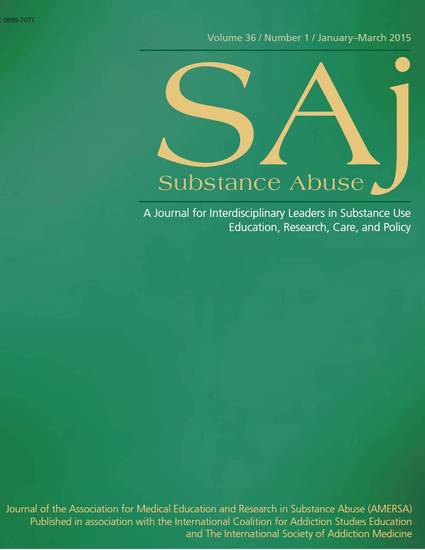
The current study is the first randomized-controlled trial evaluating the feasibility and initial efficacy of an 8-week outpatient Mindfulness-Based Relapse Prevention (MBRP) program as compared to treatment as usual (TAU). Participants were 168 adults with substance use disorders who had recently completed intensive inpatient or outpatient treatment. Assessments were administered pre-intervention, post-intervention, and 2 and 4 months post-intervention. Feasibility of MBRP was demonstrated by consistent homework compliance, attendance, and participant satisfaction. Initial efficacy was supported by significantly lower rates of substance use in those who received MBRP as compared to those in TAU over the 4-month post-intervention period. Additionally, MBRP participants demonstrated greater decreases in craving, and increases in acceptance and acting with awareness as compared to TAU. Results from this initial trial support the feasibility and initial efficacy of MBRP as an aftercare approach for individuals who have recently completed an intensive treatment for substance use disorders.
Available at: http://works.bepress.com/michelle_garner/5/
